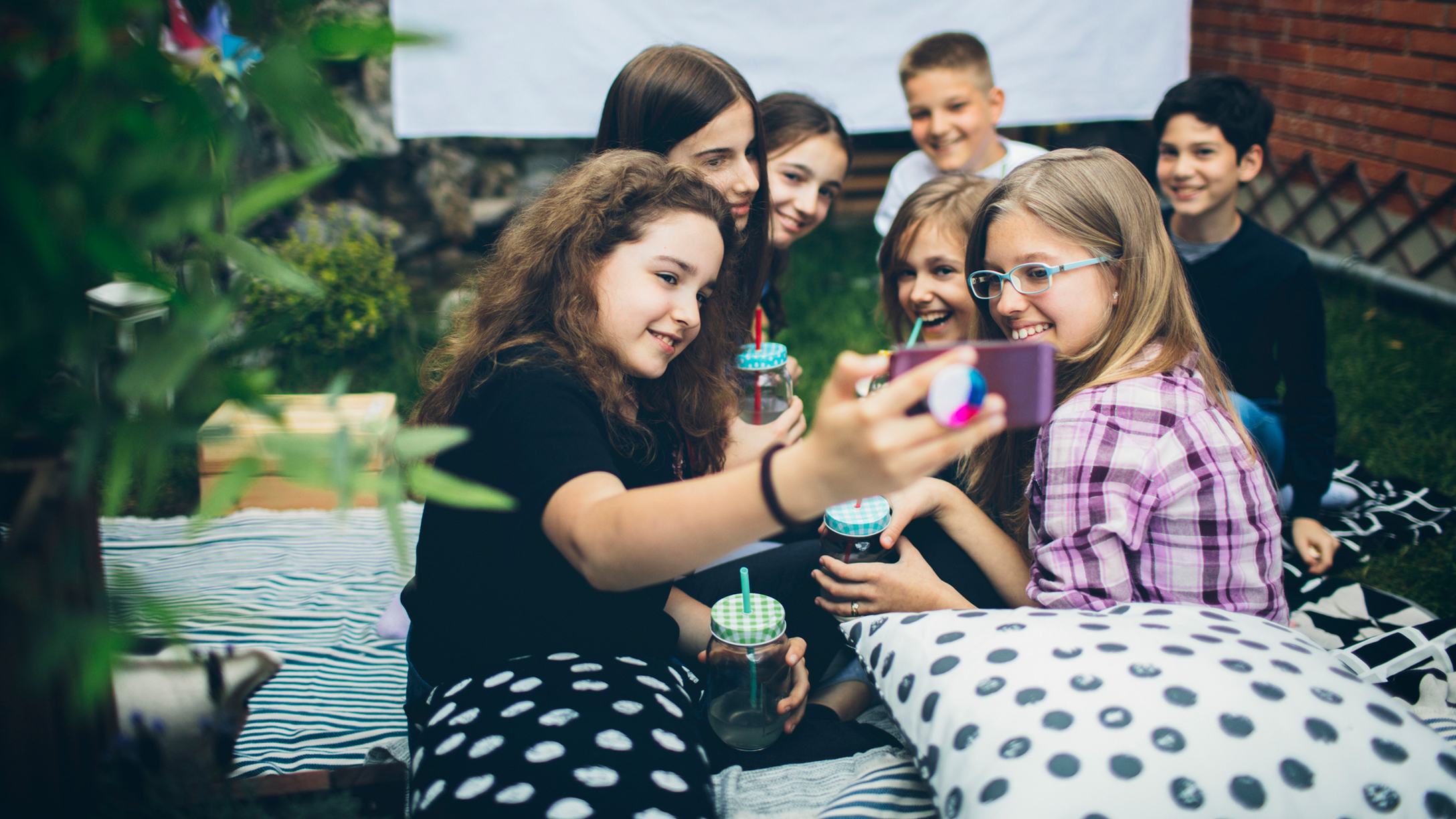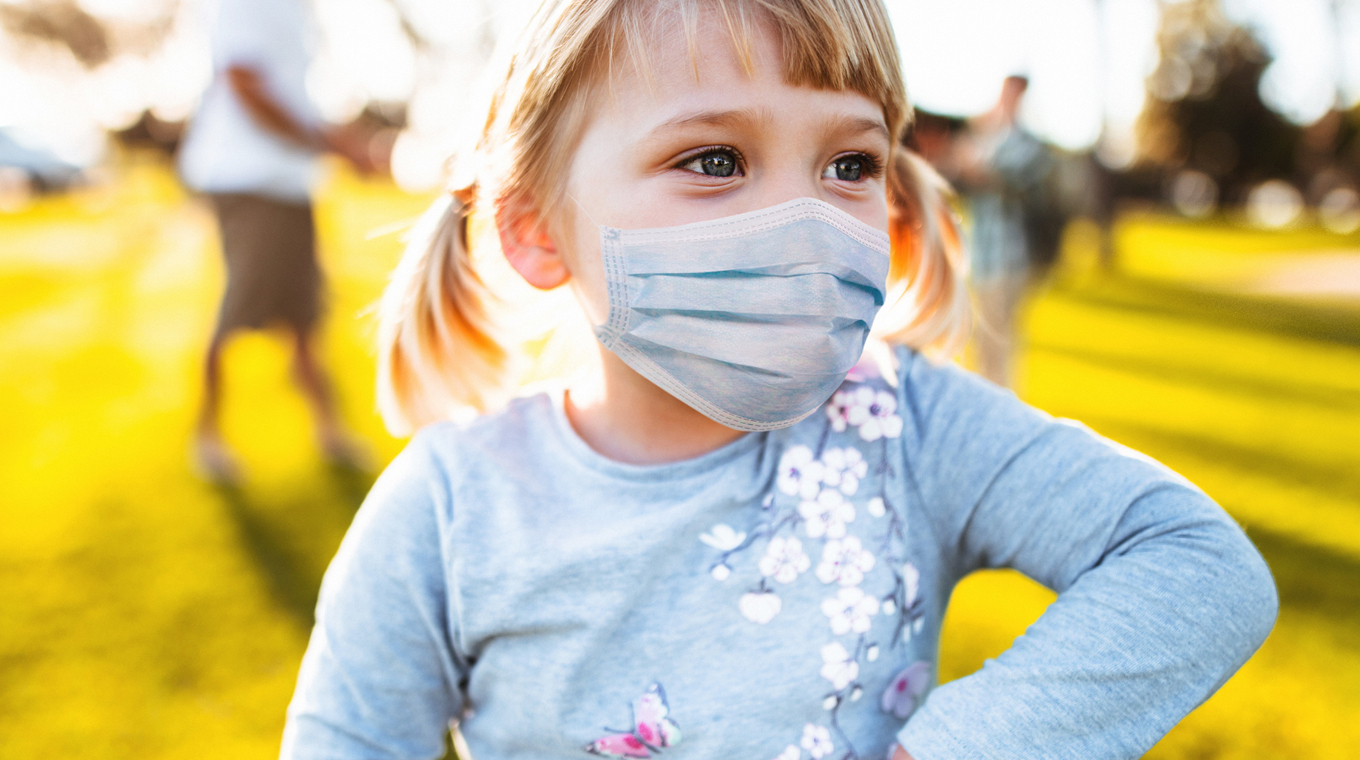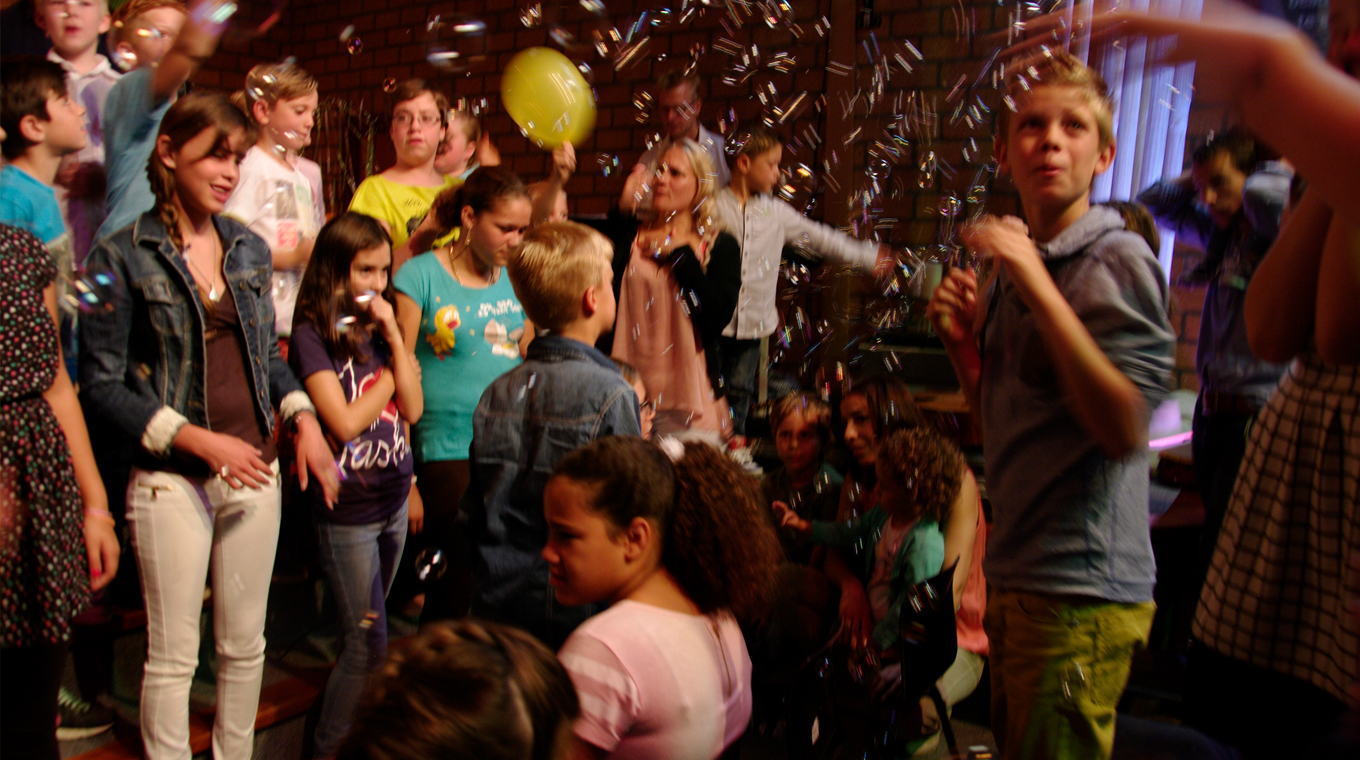
In this article
Right about now, a party sounds amazing, even for an introvert like me. We've all been on some form of lockdown or shelter in place since around St. Patrick's Day, and we're anxious to get back to normal. Sadly, with the way cases are rising in some states, it doesn't look like parties — or any types of large gatherings — will be returning to normal anytime soon, and a party right now is not a good idea. So why did a mother in Florida decide to let her child attend a COVID-19 exposure party? Who would risk intentional exposure to the coronavirus?
Carole Brunton Davis opted to allow her teen daughter to attend an in-person church event. Without social distancing or masks, the idea was to build "herd immunity" and get the virus over with. When her daughter contracted COVID-19, she began treating her with hydroxychloroquine. Ultimately, her already immunocompromised child died in late June.
Intentionally subjecting your child to a disease in order to build immunity may seem preposterous to some parents, but it's not new. Chicken pox parties were popular for a while. The premise was to expose children to a child with a case of chicken pox. This would serve to get the inevitable childhood disease "out of the way." When the varicella-zoster (chicken pox) virus vaccine came on the market, these parties happened less often. They do still occur, however, in some parenting circles. Intentionally exposing yourself or your child to COVID-19 is not a good look.
What is herd immunity?

According to research from Johns Hopkins University, approximately 70% of the population needs immunity for a country to achieve herd immunity. Further broken down in relatable terms, this means that 200 million people in the United States would have to prove immune to COVID-19 in order to achieve true herd immunity.
Those who make the irresponsible decision to attend or subject their child to intentional exposure of the coronavirus are doing so based on incorrect and dangerous information. In the case of Carsyn Leigh Davis, her mother, Carole Brunton Davis, tried to treat her with hydroxychloroquine. The CDC clearly states that there is no drug currently approved by the U.S. Food and Drug Administration (FDA) that effectively and safely prevents or treats COVID-19.
Immunity is not a magic wand — it doesn't keep people from being able to transmit the virus. "Immunity sometimes prevents disease symptoms, but not infection and the ability to transmit the virus," John Williams, professor of pediatrics at the University of Pittsburgh, said in a recent interview. "…We don’t know how long they are protected, and if they are protected against infection and transmission, or just protected against disease."
Many parents realize that you should not attend or take your kids to a coronavirus exposure party. Mother of three Lyn Dick was adamant about the preposterous idea of a COVID-19 exposure party. "This virus is killing people and yes, you may just escape with a mild case, but what if you don't? What if you are the exception? Is it worth dying for? I say no thank you," she told Mom.com.
"I will follow the CDC guidelines. I will wear a mask whenever I leave my little bubble, and I will hopefully do everything in my power to keep my family and myself and anyone else I come into contact with from getting COVID-19."
What are the risks of intentional exposure to COVID-19?

Whether it's accidental or intentional, exposure to COVID-19 can have devastating effects. According to the FDA, coronavirus antibody tests are designed to identify whether or not a person has been infected with COVID-19 and remained asymptomatic. Creating an environment where intentional exposure could occur, at a party, for example, is not only risky but a slippery slope.
There is the misconception that the presence of antibodies gives one a "free ticket" to do as they please. For example, it was suggested that those who have tested positive for COVID-10 antibodies be allowed to travel outside the United States. This would have let companies bring workers back more quickly. Health officials agree that these "immunity passports" are a truly bad idea. Because it's unclear whether or not there's a chance of being reinfected with the virus, it leaves a lot up to chance.
In a recent piece on Nature.com, Harvard Medical School's Natalie Kofler expressed several reasons why this is a bad idea, especially as it pertains to the workplace. "Social and financial inequities would be amplified. For example, employers wanting to avoid workers who are at risk of becoming unwell might privilege current employees who have had the disease, and preferentially hire those with ‘confirmed’ immunity," Kofler wrote.
Why your child should not attend a coronavirus exposure party

Attending a coronavirus exposure party, or allowing your child to attend one, is a bad idea, no matter how you look at it. Increasing infections, especially intentionally, is actually counterintuitive to slowing the spread of the virus. Your child may not be affected, but the potential exists to spread the virus to an immunocompromised family member. In the case of Carsyn Leigh Davis, her parents paid the ultimate price of being uninformed: They lost their beautiful daughter.
While not officially confirmed by the University of Alabama, there have been reports in Alabama of gambling-type COVID-19 parties where the first person to contract the virus wins the prize money. So it's not just parents who are under incorrect assumptions about attending an exposure party.
The bottom line is that we have to slow and limit the exposure to COVID-19 any way we can. That means wearing a mask when in public and continuing to practice social distancing — and avoiding large gatherings and parties.







